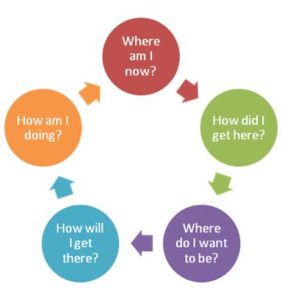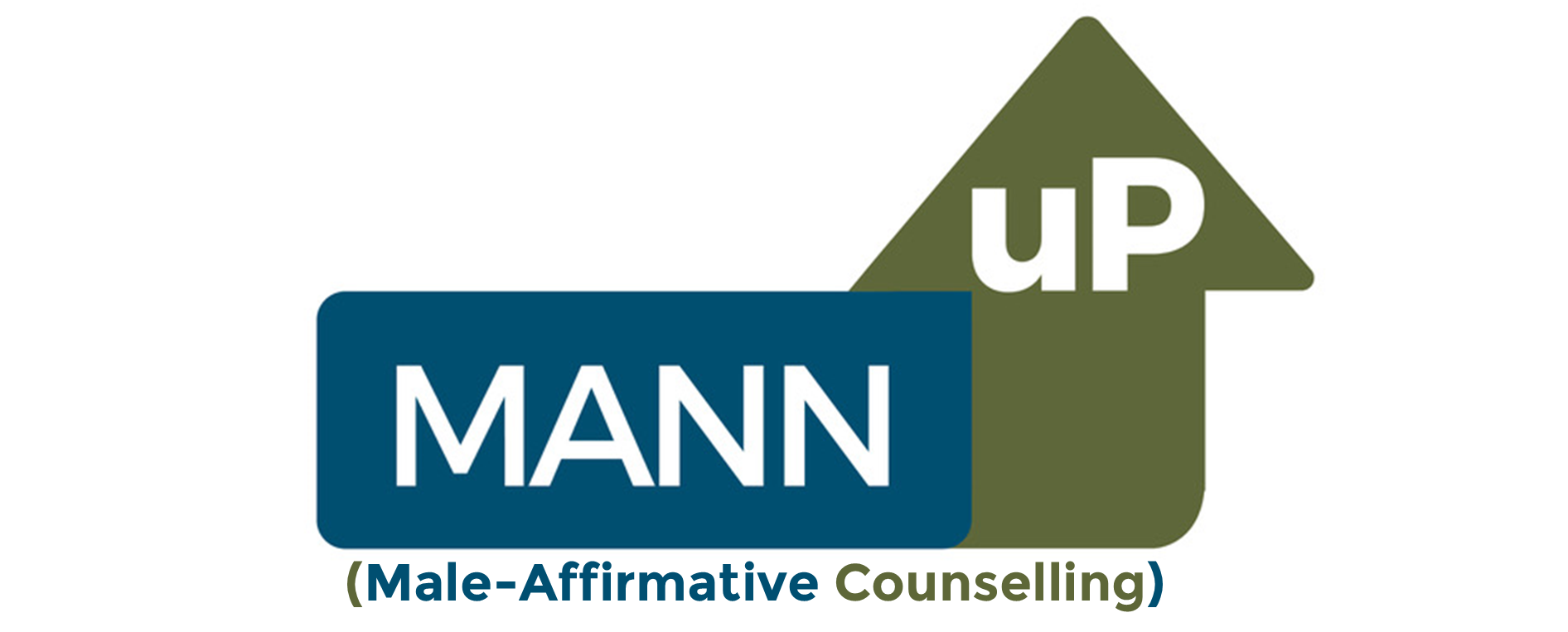the theoretical approach at MANN uP
The counselling, mentoring and life coaching services provided by MANN uP are based on what as known as an integrative therapy framework.
What this means is that the approach behind working with individuals, couples or groups at MANN uP is one of blending together effective and impactful elements of various theoretical models for working with others in a counselling, mentoring or life coaching context in a harmonious manner that considers the whole person (their history, their influences, their innate potential, their patterns on thinking, feeling and relating, their goals and aspirations and their strengths and resources).
This MANN uP integrative framework calls mainly on teachings from the humanistic/person-centred, psychoanalytical/psychodynamic and cognitive/behavioural therapeutic approaches.
It brings the benefit to clients and participants of being flexible and tailored to emphasise or focus on areas that they wish to explore and address, rather than trying to constrict clients or participants to one particular way of working that may not best address their unique needs.
It also incorporates the principles of advancement and attuning to innate strengths, talents and evidenced patterns of achievement contained in the solution-focused therapeutic approach and the concepts of mentoring and life coaching by tapping into the knowledge, guidance and proactive support of others to underpin a process of advancement.
the guiding principles
- The cycle of wellbeing advancement – to advance any aspect of your wellbeing, you firstly need to establish current levels in that part of your life, and the influences (both internal and external) on it. That insight can then be harnessed to guide an accumulation of knowledge about what is obtainable for you (your goals), and what you can harness and will need to call on (time, energy, resources), to advance (your plan). That wisdom will empower you to move towards achieving your preferred state of wellbeing. Taking action provides information on what is working and not working, helping to further refine goals and plans to achieve success.
The cycle of wellbeing advancement starts with becoming attuned to current levels of wellbeing and what has contributed to them (insight), followed by a process of guided accumulation of knowledge, defining goals for improvement in wellbeing and a plan to get there (wisdom). Then being supported whilst enacting that plan (action), in a manner that attunes to both contributors and barriers to success that further builds levels of insight.

- The impact of life landmarks – your wellbeing is impacted (either positively or adversely), by significant events and experiences in your life. By investing in becoming attuned you will be able to develop insight on how those life landmarks have impacted, are impacting or will impact on your wellbeing in the future. That increased insight empowers you to seek out the wisdom and support to take action to minimise and negative impact and take full advantage of any positive impact.
- The right to self-define – every individual has the right to decide for themselves free from the influence or judgement of anyone or anything else their own narrative.
- The value of investing in being mindfit – striving to be mindfit is about making a commitment to invest in becoming attuned to your own mental and emotional strength, stamina and resilience levels and to be investing time effort and resources to improving your levels of psychological wellbeing. To proactively invest in developing this area of self will not only help you tackle challenges to psychological wellbeing that come along and minimise their impact on you, it will also empower you to feel better equipped to take advantage of opportunities to advance in all areas of your wellbeing.
To be mindfit is to:
- Be attuned to your own mental and emotional strength, stamina and resilience levels to be able to recognise changes in it, challenges to it and your limits.
- Be investing time and effort to develop your wisdom on the tools you can add into your psychological toolkit that can further enhance your levels of mental and emotional strength, stamina and resilience and to be continually taking action to improve on your level of psychological wellbeing.
- Wellbeing is interconnected – achieving wellbeing in one area is intrinsically linked to your wellbeing in others. If you feel lacking in strength, stamina and resilience in one part of your wellbeing, this will impede your ability to advance in other parts. Conversely, improving wellbeing in one area will better equip you to take action to improve wellbeing in other parts of your life too.
- Narratives influence potential – your narrative is also known as the internalised story and script you carry around inside yourself regarding you and your life. If you have internalised a negative or inauthentic narrative this will impede your potential to advance. By reframing your perspectives you can master an affirmative new narrative that will empower you to move forward towards unlocking your full potential.
Your narrative is:
- The internalised story and script your carry around inside yourself regarding you and your life.
- Advancement is always possible – there is no such thing as perfect but advancement is always possible and achievable across all areas of your wellbeing (psychological, physical, relational, vocational and recreational).
- Harnessing the wisdom of others – no single person can possess total wisdom on all areas of wellbeing or all of life’s landmarks. By harnessing the knowledge others have acquired in relation to advancing wellbeing or dealing with life landmarks you will improve your overall levels of wisdom to better inform your actions.
- Active collaboration – it is your life, your wellbeing and your advancement journey and nobody is more expert on you than you. Entering into a process of advancement in your wellbeing should never be about having it done onto you. It is about committing to invest your time, efforts and resources in collaboration with the person who is guiding you and utilising your collective wisdom.
- Nobody should have to go it alone – everyone will encounter times when they would benefit from calling on the wisdom or guidance on others when taking on a life landmark or making efforts to advance their wellbeing. Sharing an experience of advancement with others will not only provide support it can also be an opportunity to provide support to others who may be in need of it too.
